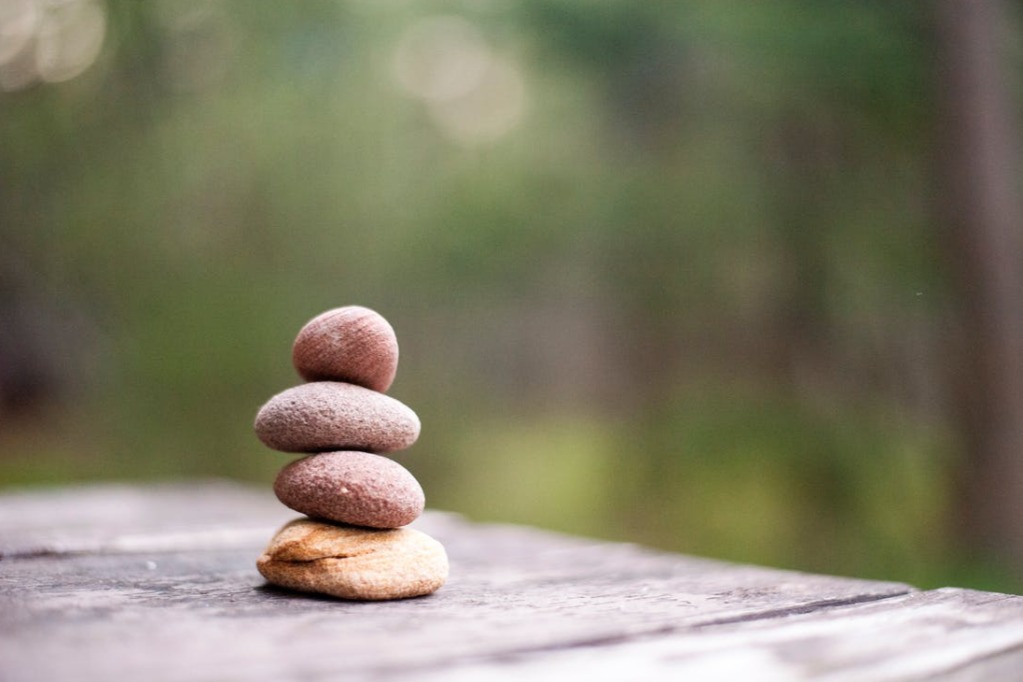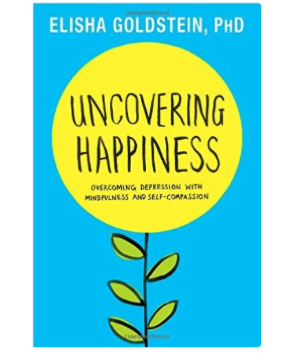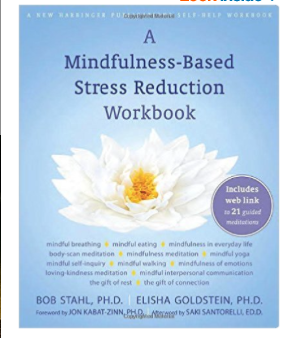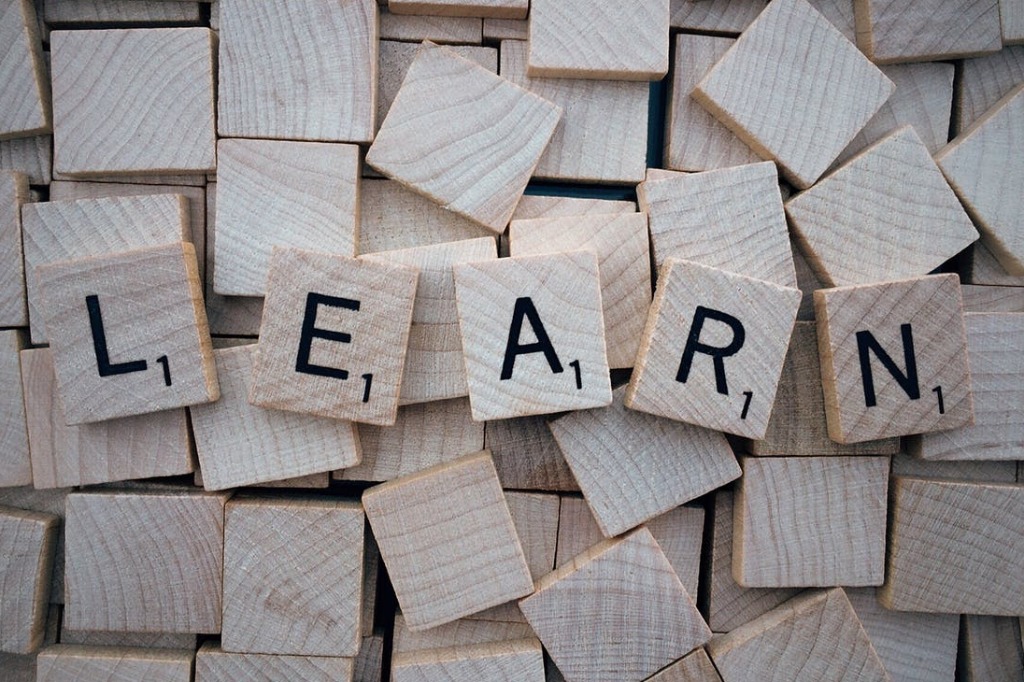
5 Powerful Insights on How to Create Habits (Using Mindfulness) From Dr. Elisha Goldstein
What if there was a totally different way to think about creating healthy habits?
What if it wasn’t about starting small, waiting 21 days, or any other of the old advice we’ve been traditionally taught?
And what if it began with just one practice?
Mindfulness.
Dr. Elisha Goldstein and I chatted several weeks ago over how people can create, stick with, and break habits using the power of mindfulness.
In particular, we covered five really interesting strategies.
Practice 1: The Most Important Part of Habit Change
Elisha and I talked about the most important part of habit change first – awareness.
Obviously, as someone with a background in meditation this is his secret sauce!
We’ll talk about a food craving for example.
We go to the kitchen to grab a snack, and we noticed that our spouse or a friend left some cookies on the counter.
Damn.
Now, what?
The cravings are kicking in, saliva starts flowing, and boy do those cookies look good.
 The first step isn’t to fight it – it’s simply to be aware of the craving that is popping up.
The first step isn’t to fight it – it’s simply to be aware of the craving that is popping up.
“Hey, I’m getting this strong craving for cookies.”
That’s it.
When there’s awareness surrounding something, it’s very difficult to get caught in autopilot mode and feel that “post-binge guilt” afterwards that we sometimes do after eating something we were trying to avoid.
Just observe the desire that pops up. This is a big concept I talk about in my book too, Master The Day.
Without any awareness of what’s actually happening… we’re powerless to the desire, or craving, or pull/push from our mind.
Meditation is a fantastic core practice to develop this kind of awareness.
Practice 2: Two Kinds of Bad Habits
What if there’s more than just one kind of bad habit?
Elisha brought up a really interesting point I hadn’t thought of before: we actually have two kinds of bad habits.
The first bad habit is whatever we physically see: the binge eating, the smoking of the cigarette, the big burger at the fast food place.
But the second kind is sneaky.
The second kind of bad habit is the mental thinking habit.
“I need this!”
“What’s wrong with me?”
“This is going to help me relax.”
All of the different ways of thinking that are going on behind the scenes are actually the second bad habit – the ways we justify our behavior, the excuses we tell ourselves, or the story we create to deal with the constant guilt and failure.
This is the story behind the story – the feeling, the urge, the invisible sensation that shows up before we physically decide to act, eat, drink, or smoke.
Practice 3: If You Find The Inner Battle & Negativity is Too Strong, Ask Yourself These 4 Things
Elisha brought up Byron Katie’s 4 questions, found in her book Loving What Is.
Byron’s Katie essentially breaks down an age old meditative practice into four key steps, whenever one of these discouraging thoughts shows up.
First, ask yourself:
“Is this true?
Can I know it absolutely to be true?
How do you react/feel when you believe that thought?
Who would you be without this thought?”
So for example, let’s go with a common narrative I hear:
“I always fail when it comes time to diet, so why bother even trying anymore?”
1. Is this true?
Well, the past 3 times it’s been true before. I’ve had a little success in the past, but recently I haven’t.
2. Can I know it absolutely to be true?
Well, yeah, I’ve lived it. But yeah, maybe it’s not always true, but recently it has been.
3. How do you feel when you believe this thought?
Frustrated? Depressed? Like I want to quit for good?
4. Who would you be without this thought?
Pretty free to try things again and make progress towards improving my health.
Practice 4: The Mindful Approach to Starting Habits
I’ve personally had an interesting experience here – despite meditating for over 10 years, trying to get myself to regularly meditate over 30 minutes a day has been virtually impossible.
And, interestingly enough, the same things come up over and over.
When Elisha and I spoke about starting habits, it mostly came down to each person thinking about what specific barriers/excuses come up.
In regard to meditation, it tends to sound like:
“Well, there’s no point unless I meditate 30-40 minutes at a time. I need to sit full lotus to get the maximum benefit. I need to be serious and disciplined, plus I can’t learn this on my own and will need a teacher.”
So the first part here is to write out the common barriers that you bring up.
If you know for example that you “think” you need 30-40 minutes, that’s a barrier.
You can show yourself the benefits of just doing five minutes of meditation.
If the person believes they need to sit half naked on the floor with an Indian guru, we can show them that this clearly isn’t true.
So what are your barriers surrounding whatever habits you’re working on? Time? Effort? Energy? Money?
Write them out, and find specific ways to counter them.
Practice 5: Learning Vs Performance Based Mindset
I LOVED this one.
This is so similar to how I view health too – you’ve heard me talk about Wedding Day Syndrome.
Wedding day syndrome is being overly focused on the outcome (the day of the marriage) rather than the process, which is the wedding itself.
The same is true here: we often get too focused on the outcome (losing weight, earning more money, inner peace, whatever), and so we don’t focus enough on the process, learning and having fun.
The result?
We take things way too seriously, we stop having fun, and we don’t really find ourselves enjoying the process of learning anymore.
When you focus too much on winning a sport, what happens?
You don’t enjoy the game.
When you focus on enjoying the game and getting better, what happens sometimes?
You win.
More Insights in Dr. Goldstein’s Books
Check out Dr. Goldstein’s books which I highly recommend:
- Uncovering Happiness, available on Amazon.
- The Now Effect, available on Amazon.
- A Mindfulness-Based Stress Reduction Workbook, available here on Amazon.
Thoughts and comments?
Share them below.
-Alex
Images: used with permission, freedigitalphotos.net






I am trying to create new habits around over eating. I find meditation is helpful. I try to do at least 20 minutes while listening to a meditation tape on how to overcome over eating. It is early days but it has been working.
I recommend at least giving it a go to see if it helps reach your goals.
Awesome to hear that it’s been working for you Carol. What do you try to listen to, specifically?
-Alex